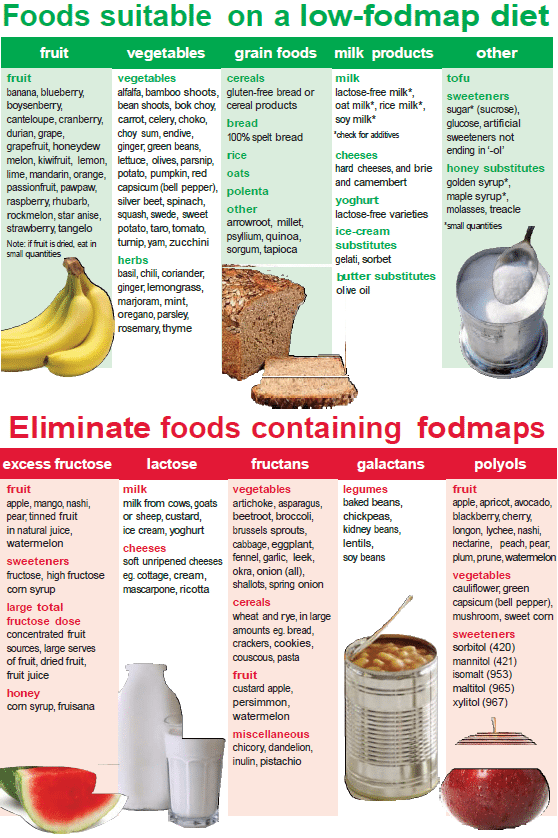Most people suffer from abdominal issues at one point or another in their life. But what can cause chronic abdominal issues, like daily bloating, gas, cramps, loose or irregular bowels.
While Only 1-2% of the adults hav true food allergy (8% of children < 8 years), there are many other chronic conditions that can cause ongoing abdominal issues.
2 million people in the United States have Celiac disease or Wheat (gluten) sensitivity. That is nearly
1 out of every 133 people. 20 years ago these rates were much different, maybe 1 out of every 250 person had celiac. There are no clear explanations for this change.
Approximately 10-15% of the U.S. Population has irritable bowel syndrome (IBS). According to one estimation that is close to 2 in 10 women, and 1 in 10 men, so approximately 15 out of every 100 person, has irritable bowel syndrome. Only a small percent of those who suffer, only 5/100 actually see a Doctor.
Most patients typically present initially to their primary doctor, and later on to an Allergists, or a Gastrointestinal specialist for evaluation of their abdominal issues.
There are a number of different methods to evaluate these conditions. Unfortunately, many individuals will be incorrectly labeled with food allergy, for example through use of IgG blood work, not IgE. At times following a strict diet for example eliminating certain foods like those that contain Fermentable, Oligosaccharides, Disaccharides, Monosacharides, and Polyols.(FODMAPs) can significantly resolve the issues.
There are a number of other unproven and controversial tests that can also be quite expensive, but at the end of the road will not add to the diagnosis.
Your allergist will typically take multiple things into consideration, during the course of a full evaluation, such as:
- Irritable bowel syndrome (IBS)
- Lactose intolerance, fructose intolerance, other malabsorptive conditions that may respond to elimination of FODMAPs
- Celiac disease or gluten-related disorders
- Food sensitivity- or intolerance, non-IgE
- Other immunologic disorders/ inflammatory bowel disease such as Crohn’s, or ulcerative colitis
In the past, we have made the mistake of discounting a person’s symptoms simply because they didn’t fit the mold. But now, there’s a movement toward “personalized medicine,” which embraces the whole, individual person and considers everything from genetics to diet to symptoms in developing a specialized treatment.
Personalized medicine understands that what works for one person may not work for another. The best approach oftentimes becomes keeping an open mind, and undertaking the routine approved, reliable tests, followed by a detailed elimination diet, before going into further invasive testing.
*Study reference: Gluten Sensitivity: Not Celiac and Not Certain; June 2013 online edition of Gastroenterology. Alice Bast is the President of the National Foundation for Celiac Awareness (NFCA). Watch an NFCA webinar on FODMAPs featuring expert Susan Shepherd at www.celiaccentral.org/webinars/archive.


